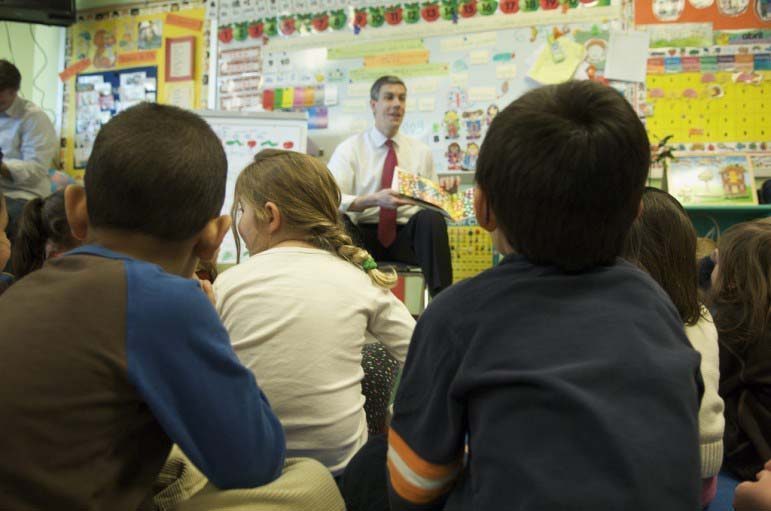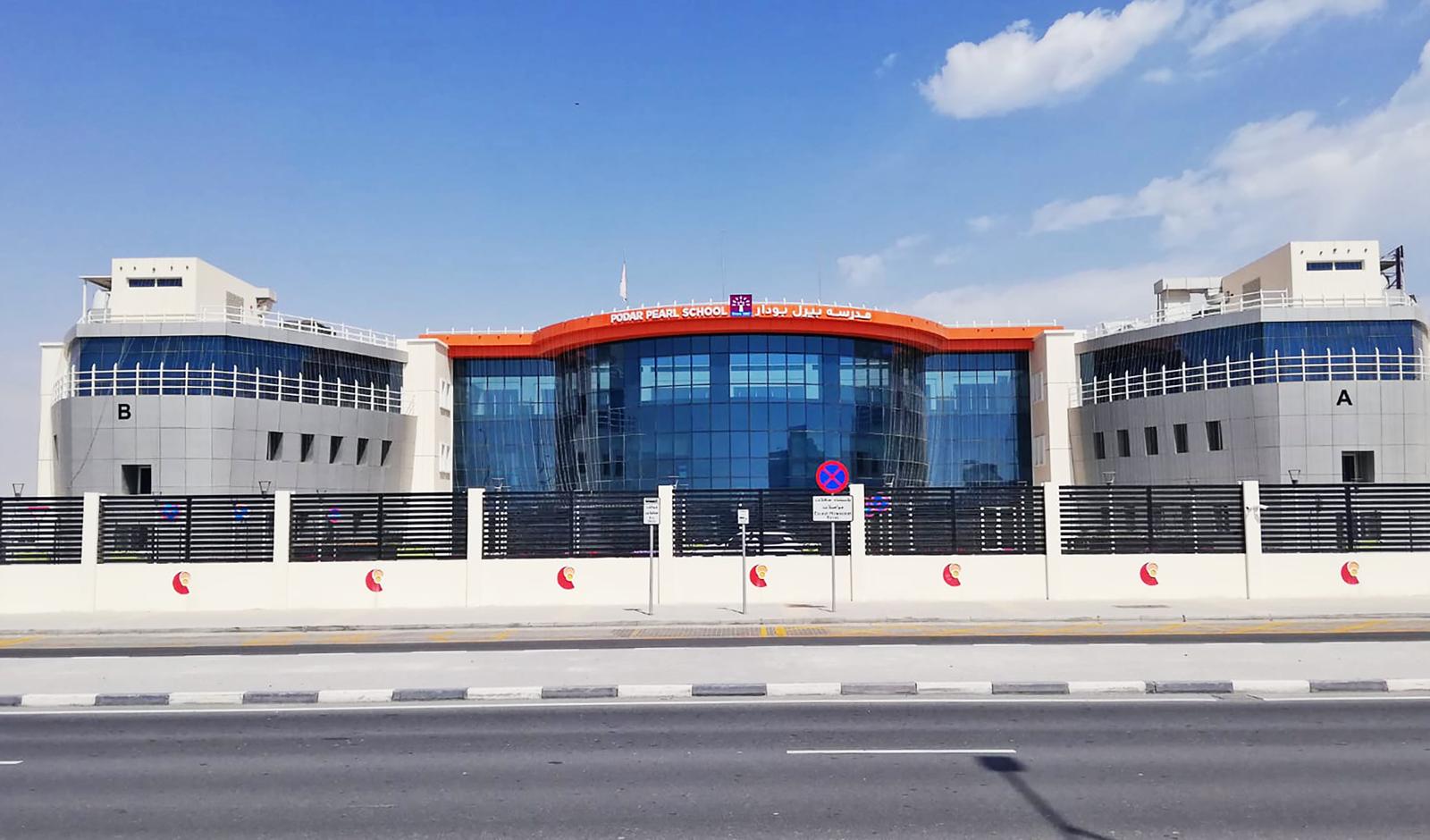
Competition for places at Qatar’s private schools – generally, the only schooling option for the country’s expat community – is even more fierce this year than in the past, several parents have told Doha News.
Private schools are heavily relied upon in Qatar in part because the independent school system curriculum is conducted in Arabic.
The quality of these schools have also been called into question in recent years, and the government has begun granting Qataris vouchers to pursue private school education for their children.
One longtime resident has recently blogged about her battle to find a pre-school place for her child in Doha. Mohana Rajakumar, an American expat, said she applied to six different private schools for her three-year-old son, and has yet to gain at place at any of them.
One reason for the surging demand this year could be the government’s recent ban on children over four years old attending nursery, Rajakumar writes:
“A city bursting at its seams struggles to make room for cars on the streets and kids in the classroom. The Supreme Education Council (SEC), the governing body for primary and secondary schools in the country, has decreed that all four year olds must be out of nurseries by their birthday. With no new schools on the horizon, this has set off an all out panic on the part of parents everywhere.”
Unprecedented demand
The demand for places in Qatar’s schools has increased enormously in the last few years, as the country’s population expands at a rapid clip. The most popular schools have very long waiting lists.
The problem is particularly acute at many Indian schools, which were recently told to reduce their class sizes, forcing many to close applications early for the new school year. The shortage of places applies equally to popular international, British and American schools.
The headmaster of Doha College, for example, told Doha News last year that applications for places at his school had tripled since 2010, a trend echoed by fellow British school DESS.
According to DESS Headmaster Andy Yeoman, who spoke to Doha News last May, the demand has affected local firms’ recruiting abilities:
“Companies carrying out big projects here are struggling to recruit people with young families. I meet with CEOs every week, wanting to get people into the country, and they won’t come without a school place for their child. “
In response to Rajakumar’s post, one former Qatar expat tweeted that their decision to leave had been heavily influenced by the shortage of school places:
@moha_doha …moved family to Dubai in part due to schooling issues.. have temp soln now & places at good quality new school for Sept 🙂
— qatar irish dubai (@ire_qatar_dubai) March 29, 2014
Difficulty in recruiting comes at a crucial time for Qatar, which is on tight construction deadlines in the run-up to the 2022 World Cup.
Just last week, Qatari officials told Reuters that they were rescheduling 15 percent of their development projects in the coming years, due to competition for manpower, bureaucratic delays and rising costs.
Admissions procedures
In response to overwhelming demand, many popular schools have become increasingly selective, requiring children as young as three years old to undergo assessment tests, specifying linguistic ability, and specifically excluding children with learning difficulties.
Although some schools list their requirements on their websites, many parents are still confused – and suspicious – about why their children have been rejected.
In her blog post, Rajakumar hints at unethical admissions practices, including racial discrimination, and discrimination based on parents’ professions and employers. Many other parents have shared similar concerns with Doha News.
We plan to investigate the school place issue in another story, so if you’ve been affected, please contact [email protected].
Thoughts?







